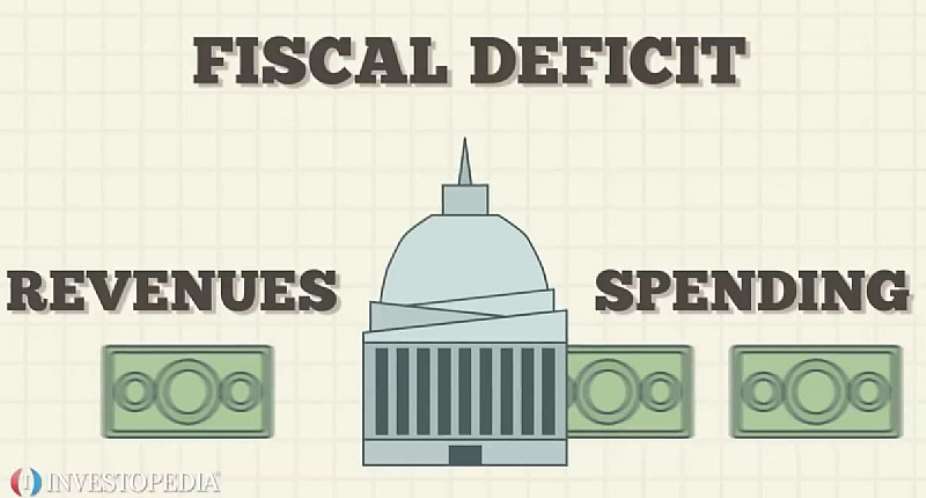“If Somalia is to maintain some semblance of stability in 2023 and beyond it must prepare for a substantial donor funding reduction and seek to grow its domestic revenue.” – Jibril Mohamed Ahmed
A critical Ingredient for the current efforts to bring economic growth in Somalia is the state’s ability to pay for more of its own operations. Despite optimistic new reports from the government, its actual revenues have stagnated for the past years. With international donors still funding around 70% of government expenses, leading to fiscal sustainability crisis.
Funding for the government’s operating expenses as well as further development projects is heavily dependent on donor support. Unfortunately for Somalia, its fiscal position is eroding as domestic revenues decline, expenses rise, and donor aid up— making the nation heavily dependent on aid. Security gains as well as public services and economic development are at risk due to this mismatch. Somalia’s challenge in the coming years will be how to deal with this mismatch without fueling instability. It cannot simply assume that donor funding will continue to cover its funding gap.
The donor community has In fact contributed to the fiscal sustainability crisis. First, it has funded projects that reflect the priorities of individual donors rather than the Somali government priorities. Many of these projects have not transitioned to the government control and operation and it is unclear as to which projects will transition. This lack of coordination and communication between donors and the Somali government has led to assets either being abandoned or used for other than their intended purposes.
Second, donors have funded development projects with little thought to whether the Somali government could maintain them. Each development project has an operating cost that if not covered ultimately undermines the project. To change the status quo, urgent improvements are needed in the way the government collects and measures its revenues including private sector development.
High Government Spending and Weak Revenue Generation
The World Bank ranks Somalia as one of the worst countries in which to do business, The Somali government believes the private sector will be the main source of future economic growth, jobs, and revenues. However, the government, the World Bank, and non-governmental organizations (NGOs) have identified significant challenges – including corruption, an inhospitable business environment, and weak regulatory and legal regime– to private-sector development.
It Is widely acknowledged that it will take years before the Somali government is capable of generating sufficient revenue to fund its operating costs as well as future development. To become fiscally sustainable the government must undertake some combination of reducing spending, and increasing revenue.
Reducing spending must be part of any plan to bring spending in line with likely revenues. The government must assume that donor contributions will decline more soon before revenue generation increases.
The Somali government can no longer count on full donor support to make up for its domestic revenue shortfall. Rather the policy makers must increase revenues by increasing tax rates, reducing tax breaks, expanding the tax base, improving enforcement, and levying Value added tax(VAT). They can indirectly increase revenues through policies that increase economic activity, income, and wealth.





 No need to tax churches – Bawumia
No need to tax churches – Bawumia
 Voter registration: NPP rebukes NDC over request for serial numbers of BVR kits
Voter registration: NPP rebukes NDC over request for serial numbers of BVR kits
 Parliament to summon VRA for failing to dredge Volta estuary for years
Parliament to summon VRA for failing to dredge Volta estuary for years
 Stop the desires for coup d'état — Ghanaians told
Stop the desires for coup d'état — Ghanaians told
 Manhyia Palace bans Tricycle riders on Sunday to climaxes Otumfuo's 25th anniver...
Manhyia Palace bans Tricycle riders on Sunday to climaxes Otumfuo's 25th anniver...
 Blame Supreme Court for limited voter registration challenges – George Opare Add...
Blame Supreme Court for limited voter registration challenges – George Opare Add...
 Excessive partisanship breeds madness — Prof Gyampo on NPP’s defence of cedi dep...
Excessive partisanship breeds madness — Prof Gyampo on NPP’s defence of cedi dep...
 PDS scandal: ‘The totality of Ghana’s loss is the ‘dumor’ being experienced toda...
PDS scandal: ‘The totality of Ghana’s loss is the ‘dumor’ being experienced toda...
 677,140 births and 50,992 deaths recorded in 2022 - Statistical Report
677,140 births and 50,992 deaths recorded in 2022 - Statistical Report
 Ghana’s electoral commission is one that trusts thieves — Omane Boamah
Ghana’s electoral commission is one that trusts thieves — Omane Boamah
